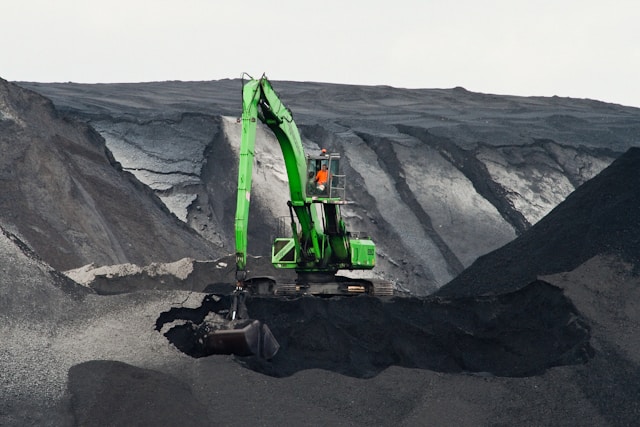As many as 220,000 people could be displaced by open pit coal mine in Bangladesh
By Gáldu The Phulbari open-pit coal mine in Bangladesh could displace hundreds of thousands of people and lead to the violation of fundamental human rights of entire villages of Santal, Munda, Mahili and Pahan indigenous peoples, a group of United Nations independent experts warned today. “The Government of Bangladesh must ensure that any policy concerning open-pit coal mining includes robust safeguards to protect human rights. In the interim, the Phulbari coal mine should not be allowed to proceed because of the massive disruptions it is expected to cause,” the UN experts said. ...
